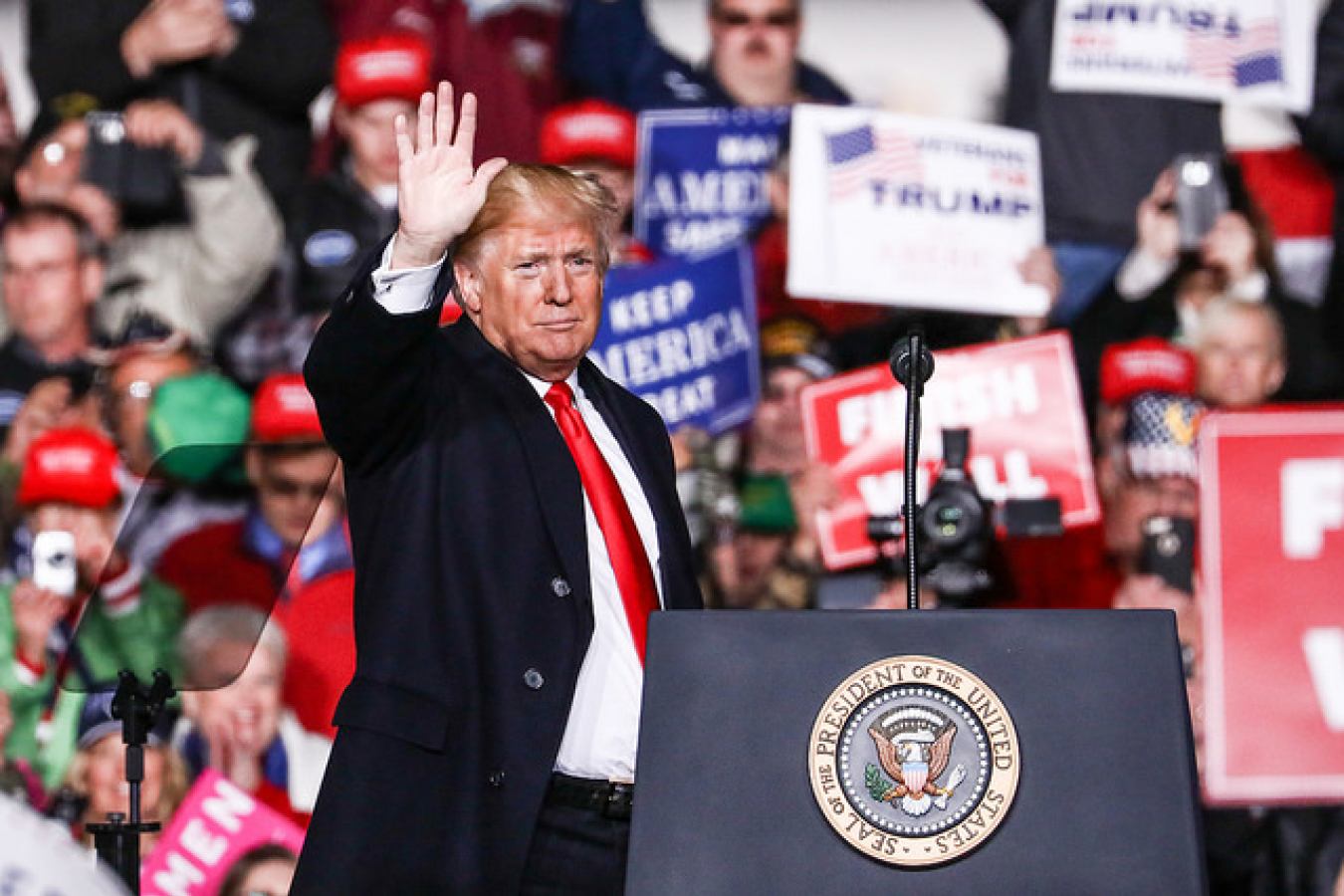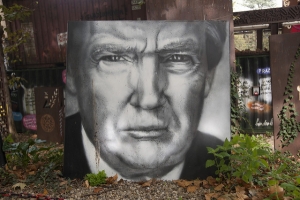Support migrant centric journalism today and donate

Access to the US L1 visa is getting harder as the USCIS scrutinizes cases more than ever before. Canadian business executives have also been hit by recent restrictions to the L1 visa programme. As reported by workpermit.com in September, a pilot system introduced earlier this year meant that some Canadians no longer used on-the-spot L1 visa processing. Now it seems that slower visa processing could be something that becomes long term for Canadians.
Sanwar Ali workpermit.com comment:
Surely, it defeats the purpose of a Free Trade Agreement if it becomes too difficult to obtain a L1 visa for Canadians. However, Donald Trump is in some respects against free trade. The US trade war with China has made international news. We will need to wait and see the extent to which the latest changes to the US visa system will cause additional delay. The documentation requirements for a L1 visa are quite considerable. Quite possibly no other Country in the World requires so much documentation for a work visa.
Canadian executives applying for L1A visas and specialized knowledge workers applying for L1B visas transferring to the US for their companies had enjoyed the on-the-spot processing perk, which is part of the North American Free Trade Agreement (NAFTA), for decades. Under the new system U.S. Customs and Border Protection (CBP) will still adjudicate the petition. However, the petition will now also be sent to the USCIS service center for processing of the I797 notice approving the petition so increasing the time it takes to obtain a L1 visa.
Under the Trump administration, applications made for L1 visa extensions for professionals with specialized knowledge under the L1B visa scheme have come under greater scrutiny for all nationalities. Applications for L1 visa extensions are now assessed in the same way as new, L1 visa applications.
L1 visa pilot scheme
The pilot scheme, which ran from April 30 to October 31, 2018, and was only active on a voluntary basis at the Customs and Border Protection (CBP) port-of-entry in Blaine, Washington, favored advanced planning over border adjudication for Canadians entering the US as L1 nonimmigrants.
As part of the pilot programme, participants were required to file a Form I-129 petition with the California USCIS Service Center, plus any supporting evidence if requested by the Service Center.
Applicants did not need to wait for the USCIS to approve their request, they could apply for admission at the Blaine port-of-entry where the CBP would request a remote adjudication of the I-129 by the USCIS.
At the time of the pilot scheme, on-the-spot L1 visa processing was still available to all Canadians, at all other US ports-of-entry.
Increased L1 visa processing times for Canadians across all ports-of-entry
Now Canadian citizens applying for L1 visa intra-company transfer petitions will also need to await processing by the USCIS, before gaining entry at the United States at a port-of-entry. This is substantially increasing processing times for Canadians.
Canadian companies concerned by tighter L1 visa restrictions
The pilot scheme, and the potential for this new process to become mandatory, has sparked concerns among Canadian companies. Business leaders in Canada argue that it’s just another way of making US immigration more restrictive in an effort to affirm Donald Trump’s ‘Buy American, Hire American’ executive order.
With responsibility for adjudication likely to shift from the CBP to the USCIS, Canadian business leaders are bracing themselves for an increase in L1 visa denials for their managers and executives transferring to the US.
Recent evidence released by the National Foundation for American Policy (NFAP) shows that Shortly after Donald Trump signed the ‘Buy American, Hire American’ presidential executive order on April 18, 2018, refusal rates for L1 visa petitions have significantly increased under USCIS adjudication.
The US is systematically tightening its borders to the north, the south, and countrywide. Trump’s stance on the US-Mexico border has been widely publicised, with plans ranging from building a wall to deploying troops, and now it seems the US border with Canada is in his sights, while he has already attempted to ban US entry from several nations.
Caught in the crosshairs of Trump’s hard line approach to US immigration are the visa programs reserved for highly skilled workers, which many commentators say is completely illogical.
Canadian business leaders are said to understand that America’s goal is to stamp out applications alleging to demonstrate specialized knowledge, but many eligible L1 visa applicants could end up as collateral damage. On-the-spot adjudication facilitates a company’s need to transfer workers quickly, but this is now in serious jeopardy.
Workpermit.com can help with US employment-based visas
If you would like to apply for a US work visa – including L1 visas, E1 and E2 visas, B1 in lieu of H1B visas and H1B visas - WorkPermit.com can help.
WorkPermit.com is a specialist visa consultancy with thirty years of experience dealing with visa applications. We can help with a wide range of visa applications to your country of choice. Please feel free to contact us for further details.





















